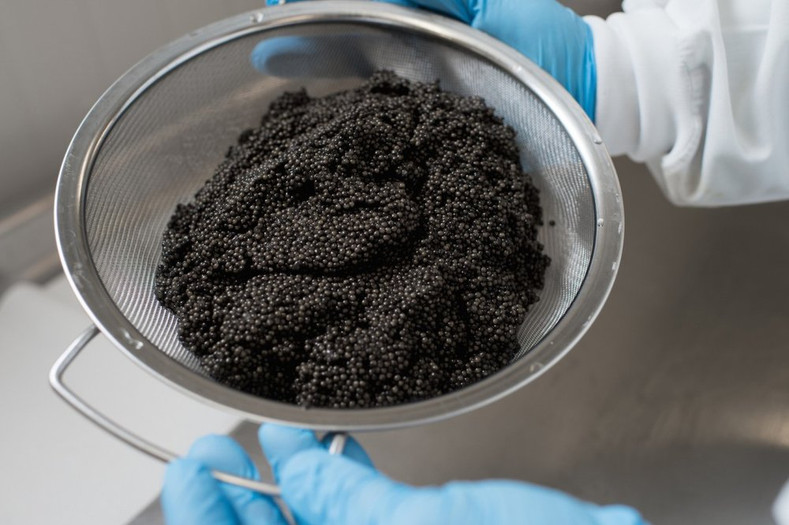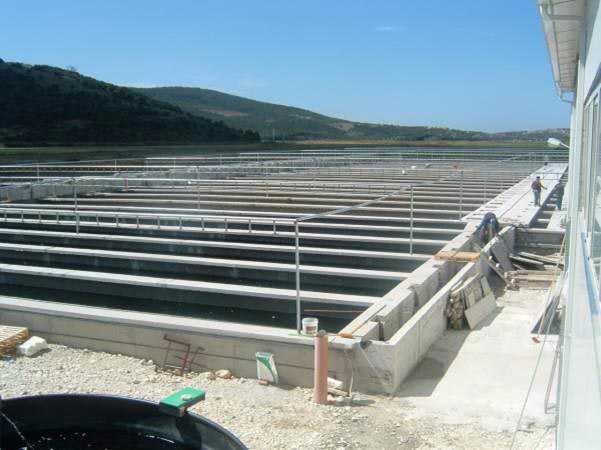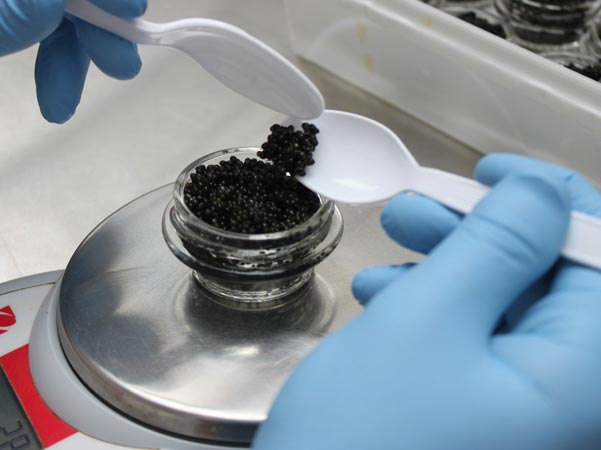Where's the best place to buy caviar? Farms and Fisheries v.s. Retailers

You might be expanding your food palette diversity and trying caviar for the first time, or maybe you're a veteran caviar connoisseur who is looking to get their weekly fix. No matter how much experience you have with buying salted sturgeon eggs and other roes, the age old questions still arises: where should I go to buy my caviar?
Caviar is commonly bought online from sites like as amazon and eBay, or other retailer websites such as the one-and-only caviarstar.com. Those who would rather pick out their roe in person can get it from caviar retail storefronts, like The Caviar Company and Petrossian have, or from restaurants, gourmet shops, specialty grocery stores, and even supermarkets such as Whole Foods and Wegmans.
Almost all of the caviar eaten by end-consumers has been handled, processed, graded or repacked by a caviar retailer, wholesaler or importer. The businesses that sell caviar to retail customers are often sourcing their product from farms and fisheries, so why can't consumers go straight to the source and do the same? When we compare a farm, or fishery, to a company that sells caviar to retail customers, we can analyze the various strengths and weaknesses of these businesses. Thus, we start to see why it is so difficult for most farmers and fishermen to cater to the common caviar eater.
Buying from caviar farms and fisheries

Most buyers want to get the best deal they can, and buying from a company lower in the "value chain" is one way to get a better price. Offering lower prices than retail sellers seems like a good way to attract retail customers, but producers of caviar products rarely sell to the public.
Why is it nearly impossible for most end-consumers to buy their caviar directly from the source? Most of the time it's because that source requires a minimum order quantity above what a normal retail buyer would need. Caviar farms and fisheries don't want to sell the smaller 1 oz, 2 oz, 4 oz, 7 oz containers of caviar that end-users buy and eat within a month's time. They want to move a lot of product quickly to cover overhead costs, which is why many farms sell caviar in bulk size 500 g, 1 kilo, or 1.75 KG original tins (OT). Some end-consumers might be able to afford buying kilos of fresh caviar, but consuming that much product within its shelf life is no easy task. Even when the container is properly stored, whatever a customer is not able to consume within a couple weeks will have to be frozen after being exposed to air. Since the product will lose flavor and texture after subsequent freezes and thaws, the average caviar eater buying from a producer would only be able to enjoy the first few ounces of their OT at its highest quality and freshness.
If really know your source and want a lot of their product at one time, then buying directly from a producer might be the right move. While some farms might try to sell to retail customers, the number of end-users actually buying from farms and fisheries for personal use is almost zero.
Buying from caviar retailers and wholesalers

Most people in the world have to buy their caviar from retail sellers. These importers, re-packers, wholesalers and retailers all add value to the product and make it more accessible to the end-user.
Companies that cater to retail caviar buyers usually have first dibs on fresh production from the farms and fisheries. To more efficiently get product to the public, there are often prior agreements or partnerships made between those that source the roe and those who re-pack from OT to retail container. These relationships between the producers and the sellers are vital in guaranteeing consist product quality.
In addition to offering more container size options, the overall quality of caviar coming from a retailer or wholesaler tends to be higher than farms and fisheries due to an extra level of scrutiny in inspecting and testing the eggs. Most farms and fisheries don't like to hold much caviar inventory, and want to sell all the product they produce as fast as possible. Although producers are suppose to inspect the eggs and conduct smell/taste tests to ensure the caviar is graded properly, maintaining a standard for quality when pushing kilos of product from many different fish is not always possible.
Fisheries are commonly run by fisherman, and farms are often owned and operated buy farmers and marine biologists. While some producers do sell their product directly to end-users, rarely do they hire salespeople or have the packaging, marketing, shipping and logistical capabilities of other caviar and fine food companies. Since businesses like Caviar Star work with multiple farms and fisheries to source their product, one single producer will not have the same level of product diversity as an importer and seller such as ourselves.



 (888) 268-8780
(888) 268-8780
